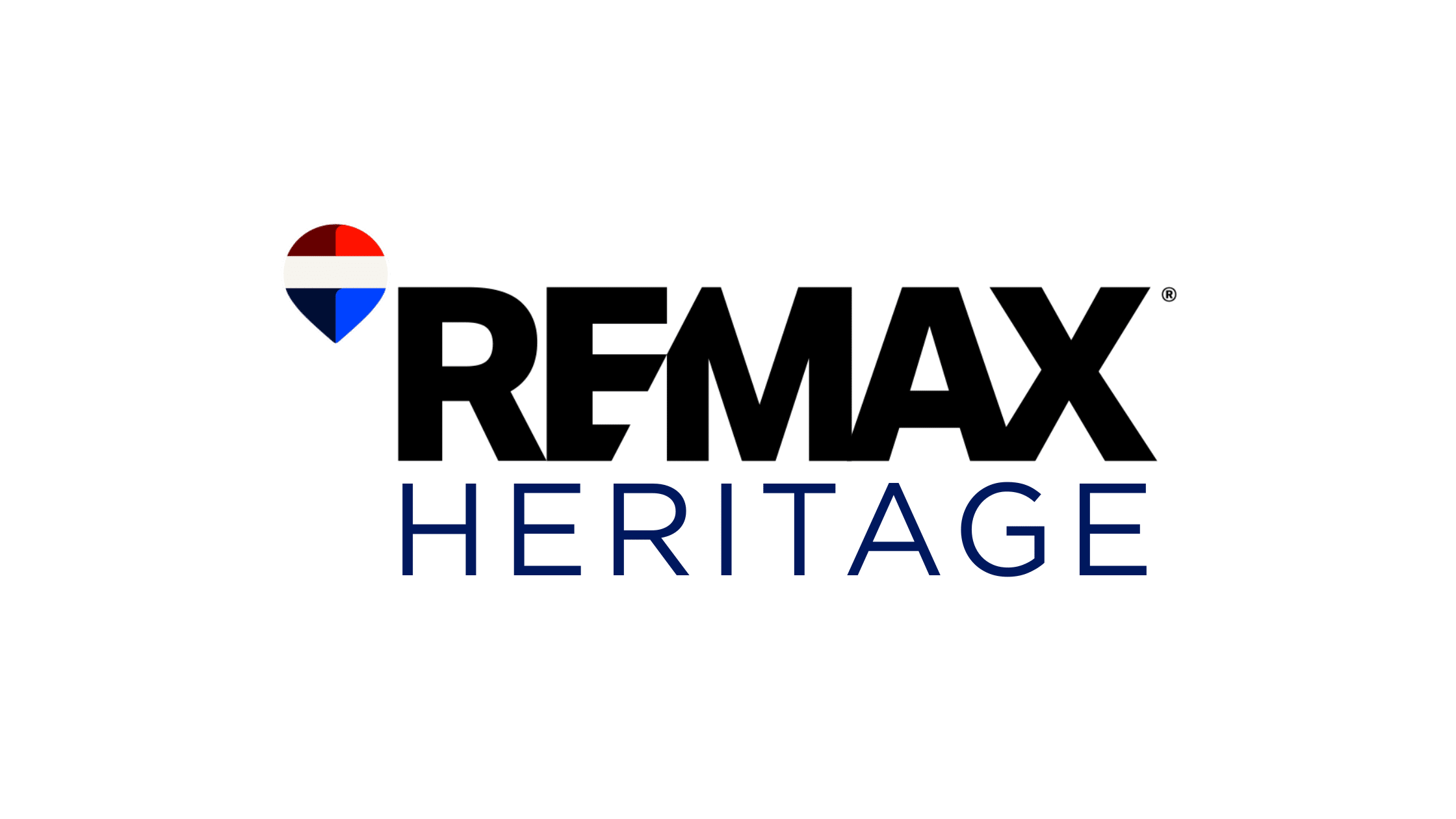Understanding Flood Zones
Buying in a Flood Zone: What Florida Homebuyers Need to Know
For many Florida homebuyers, the words “flood zone” can raise immediate concerns—but the truth is, buying in a flood zone can come with some surprising advantages. With the right knowledge and preparation, purchasing a home in a flood-prone area can be a smart investment, especially in a state where water views and waterfront access are among the most desirable features in real estate.
Here’s what Florida homebuyers should know about the benefits and considerations of buying in a flood zone—and how to make an informed decision that aligns with their lifestyle and financial goals.
What Is a Flood Zone?
A flood zone is a geographic area defined by the Federal Emergency Management Agency (FEMA) to represent a level of flood risk. Flood zones help lenders and insurers determine risk and coverage requirements.
Common Florida flood zones include:
-
Zone X (Minimal Risk): No flood insurance required.
-
Zone AE or A (High Risk): Located in the 100-year floodplain; insurance is required with most mortgages.
-
Zone VE (Coastal High Hazard Area): High exposure to wave action and storm surge.
While these designations may sound restrictive, many of Florida’s most beautiful and desirable properties fall within these zones.
Why Consider Buying in a Flood Zone?
1. Desirable Locations and Scenic Views
Many flood zones are located near lakes, rivers, or the ocean—exactly where many buyers want to be. Homes in these areas often offer:
-
Waterfront access
-
Stunning sunset views
-
Proximity to beaches, parks, and outdoor recreation
Properties in flood zones can deliver a lifestyle centered around nature, tranquility, and Florida’s iconic water-centric living.
2. Potential for Better Home Values and Long-Term Equity
Because flood zone properties are often in prime locations, they may retain or increase in value over time, especially with limited waterfront inventory. For buyers with a long-term mindset, buying in a flood zone can present an opportunity to secure a well-located home that appreciates steadily—especially when properly maintained and insured.
In some cases, homes in flood zones may be more affordable upfront due to insurance perceptions, offering better value per square foot or access to a location that might otherwise be out of budget.
3. Flood Insurance Can Be Affordable
With the Right Conditions
While flood insurance is mandatory for high-risk zones when using a federally backed mortgage, rates are not one-size-fits-all. FEMA’s Risk Rating 2.0 takes into account specific property characteristics, such as:
-
Elevation above the Base Flood Elevation (BFE)
-
Distance from water sources
-
Construction materials and age of the home
-
Prior flood history (if applicable)
Homes that are elevated above BFE or equipped with flood-resistant materials often benefit from lower insurance premiums. In many cases, a home with an Elevation Certificate can see significant savings—making insurance manageable and well worth the protection it provides.

3. Flood Insurance Can Be Affordable With the Right Conditions
While flood insurance is mandatory for high-risk zones when using a federally backed mortgage, rates are not one-size-fits-all. FEMA’s Risk Rating 2.0 takes into account specific property characteristics, such as:
-
Elevation above the Base Flood Elevation (BFE)
-
Distance from water sources
-
Construction materials and age of the home
-
Prior flood history (if applicable)
Homes that are elevated above BFE or equipped with flood-resistant materials often benefit from lower insurance premiums. In many cases, a home with an Elevation Certificate can see significant savings—making insurance manageable and well worth the protection it provides.
4. Flood Zones Encourage Smart, Resilient
Construction
Flood zones in Florida often require newer construction to meet stringent building codes designed to reduce flood risk and improve structural durability. As a result, many homes in these areas are:
-
Elevated on pilings or raised foundations
-
Built with impact-resistant windows and materials
-
Designed with flood vents, reinforced foundations, and proper drainage
These safety measures don’t just protect against water—they also reduce long-term maintenance costs and increase buyer confidence when it’s time to sell.
5. Enhanced Resale Appeal for Water-Lovers and
Investors
Homes near water often appeal to vacation home buyers, retirees, and rental investors. For buyers interested in short-term rental potential, especially in Central Florida’s high-demand tourist corridor, flood zone properties near lakes or coastal areas can generate consistent demand.
As long as insurance requirements are disclosed and factored into pricing, many buyers are willing to pay for the location and lifestyle that comes with waterfront or flood zone real estate.

What to Consider Before Buying in a Flood Zone
While there are clear advantages, buyers should still approach flood zone purchases with awareness. Here’s what to keep in mind:
-
Flood insurance may be required and should be factored into your monthly housing budget.
-
Request a flood insurance quote before making an offer, not after.
-
Always ask the seller for any available Elevation Certificate, existing insurance history, or documented flooding events.
-
Work with a local real estate agent and insurance provider who understand FEMA designations and Risk Rating 2.0.
-
Understand that your mortgage lender will require coverage if you’re financing in Zone A or VE.
Conclusion
Buying in a flood zone is not only manageable—it can be a strategic decision for those seeking location, views, and long-term value. With proper planning, the right insurance, and a knowledgeable team, owning a home in one of Florida’s most desirable areas can be both safe and rewarding.
Explore Florida Real Estate With Confidence
Whether you’re searching for a waterfront home, planning your retirement near the coast, or investing in a vacation property, RE/MAX Heritage is here to help you navigate the process with expert insight.
Our experienced agents understand the local flood zones, insurance implications, and market dynamics across Central Florida. Let us help you find the perfect home with peace of mind.


